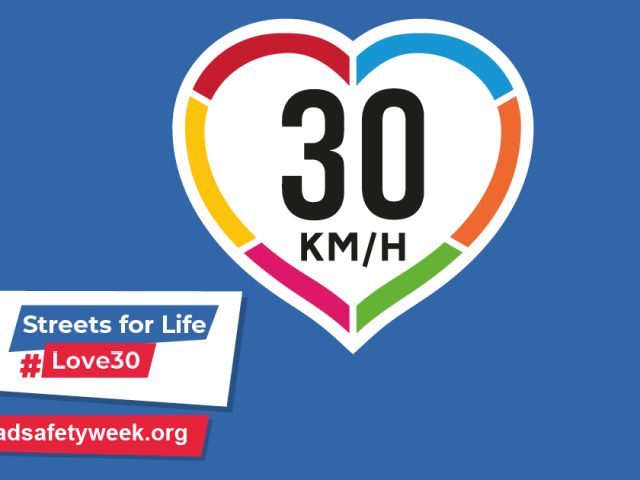Statement from ETSC on the proposed revision to the Irish Drink Driving Law
ETSC supports the Irish government’s proposal to strengthen the drink driving law.
The negative effect of alcohol use on road safety is undisputed. Driving under the influence of alcohol is responsible for approximately a quarter of all road fatalities in the European Union.
Some voices in the public debate in Ireland have questioned the impact of drinking one or two alcoholic drinks before driving. The scientific evidence is unequivocal on this: any amount of alcohol has a negative impact on driving ability.
Why do drink drivers have a higher risk of injury and crashes?
The driving task can be divided into three levels: the control level, the tactical level, and the strategic level. Alcohol has a negative effect on all three.
The lowest, the control level, consists of tasks dealing with keeping a proper speed and keeping the car on course. Most of the skills related to this level, such as tracking performance, reaction times, and visual detection, already begin to deteriorate at a BAC below 0.5 g/l. Alcohol impaired drivers have more difficulties with maintaining the proper course of the vehicle and therefore they focus more on the driving task and less on the environment.
At the tactical level, decisions are made dealing with concrete traffic situations. Skills related to this level are dividing attention, scanning capabilities, and, more in general, information processing. These skills also begin to deteriorate at very low BAC levels. Eye movement studies show that alcohol impaired drivers are more likely to use their central sight and less their peripheral sight (Stapleton et al., 1986). As a consequence, they may overlook information on upcoming events such as sharp bends and oncoming traffic.
At the strategic level, decisions are made about whether one should drive or not. It is well known that after having consumed alcohol, self-control is weakened and people are more inclined to think that they are still able to drive.
Apart from the negative effects of alcohol on the performance of the driving task, alcohol users also show risky behaviour while driving. Among injured and killed drivers alcohol use is associated with not wearing seat belts and driving at higher speeds. Furthermore, it is assumed that the physical health of alcohol-dependent persons may be lower than that of persons who are not drinking much on a regular basis, resulting in higher chances of getting injured in traffic crashes.
Find out more at: http://etsc.eu/tag/drink-driving/








